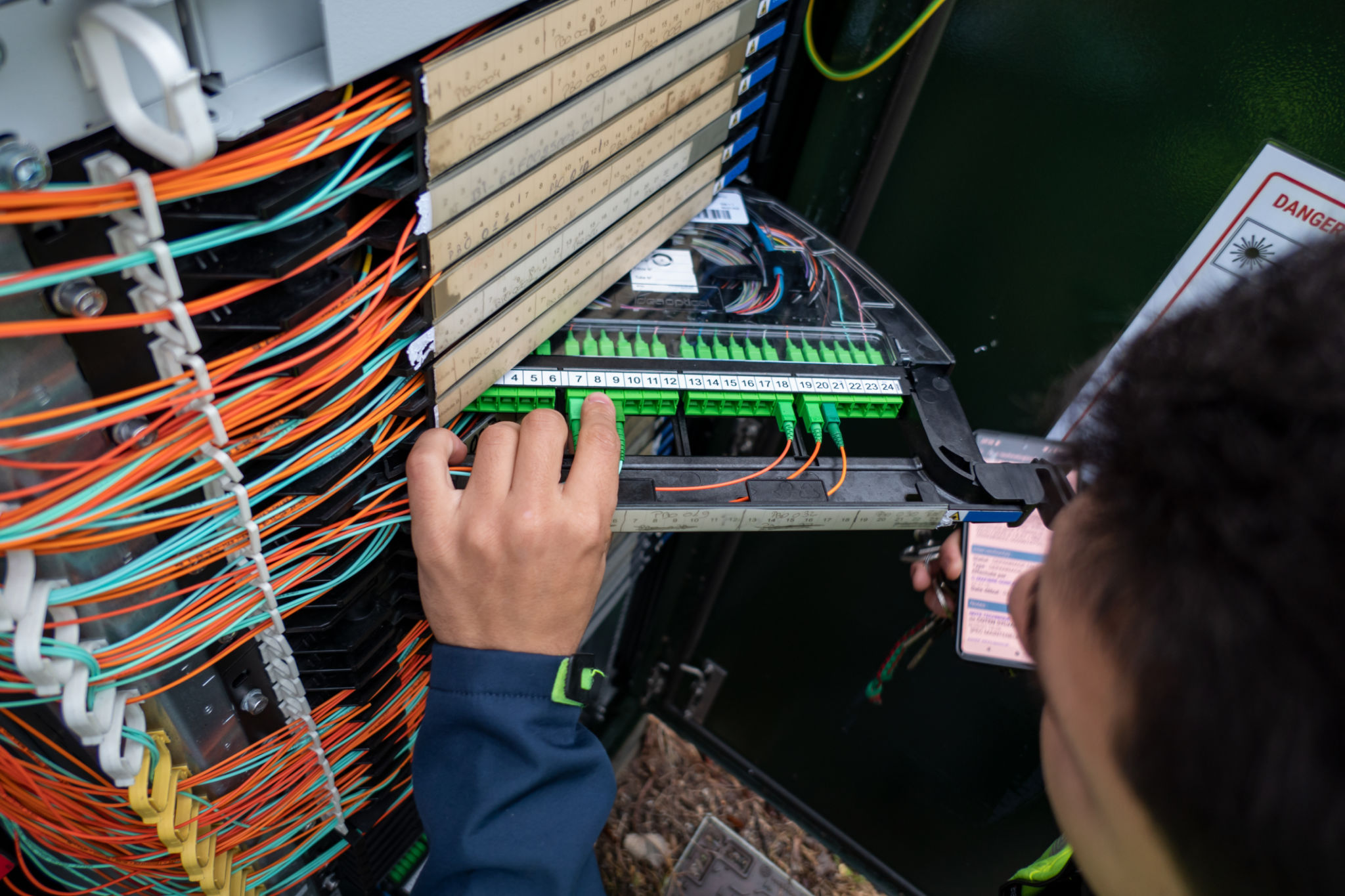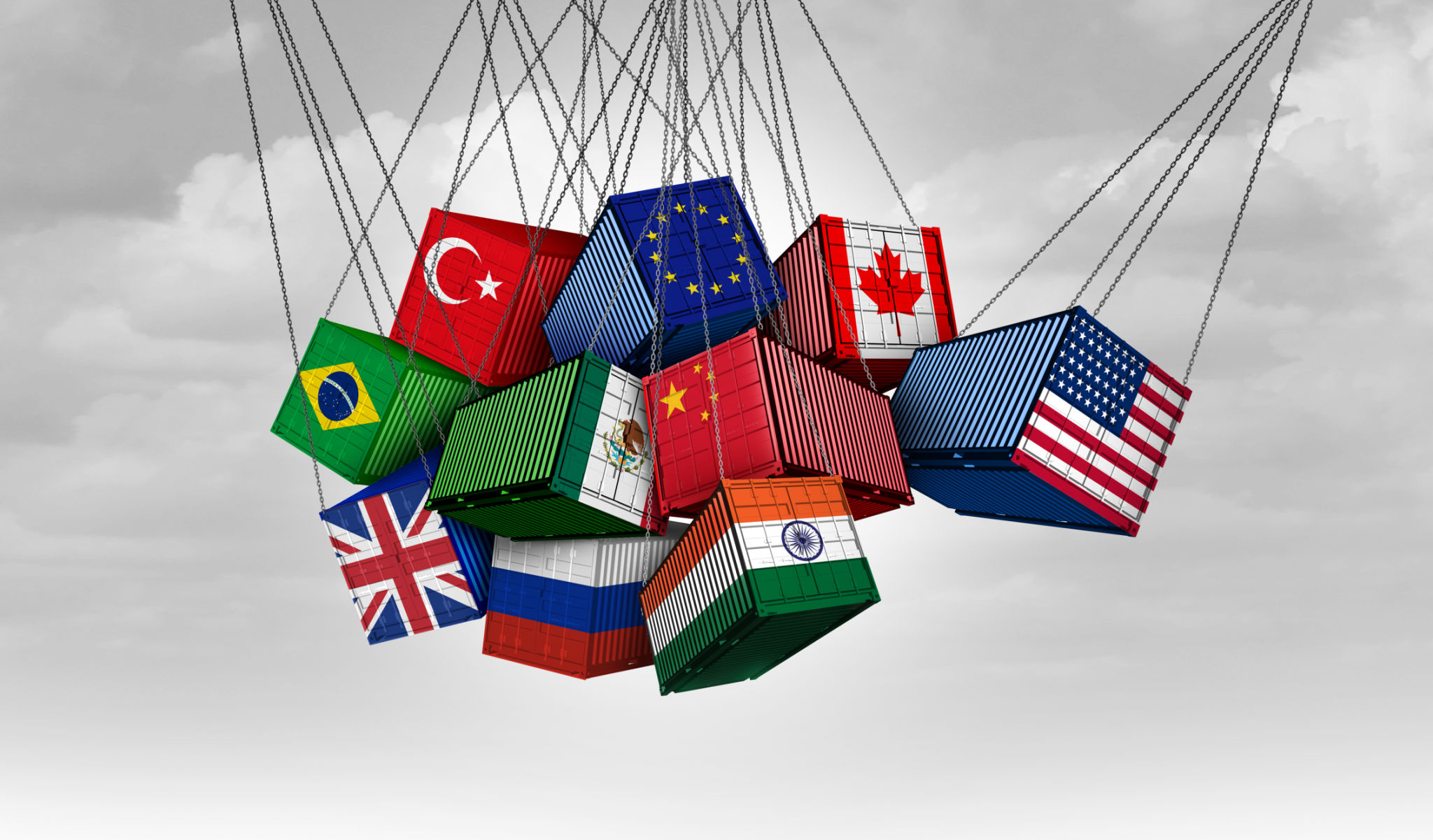Why Glass Fiber Installation is Crucial for Global Internet Backbone
The Backbone of Modern Communication
In today’s digital era, the internet serves as a fundamental communication platform for billions worldwide. At the heart of this expansive network is glass fiber technology, which forms the backbone of global internet infrastructure. Its installation is not just a technical necessity but a crucial step towards ensuring reliable and fast connectivity.

Understanding Glass Fiber Technology
Glass fiber, commonly referred to as fiber optic, is a technology that uses thin strands of glass or plastic to transmit data in the form of light signals. This form of data transmission is exceptionally efficient, allowing for higher bandwidth and faster speeds compared to traditional copper wires.
The advantages of glass fiber over older technologies are numerous. It offers greater bandwidth capacity, which means it can handle more data at once. Additionally, fiber optic cables experience less signal degradation over long distances, making them ideal for the global internet backbone.
Benefits of Glass Fiber Installation
One of the most significant benefits of installing glass fiber is its ability to provide high-speed internet. With increasing demand for streaming services, cloud computing, and other data-intensive applications, high-speed internet is more crucial than ever.
Moreover, glass fiber installations are more durable and resistant to environmental factors such as electromagnetic interference, ensuring a stable and consistent connection. This durability translates into reduced maintenance costs and longer service life, offering both economic and technological advantages.

The Role in Global Connectivity
Glass fiber installation plays a pivotal role in enhancing global connectivity. By enabling faster and more reliable data transmission across continents, it bridges the digital divide, bringing internet access to remote and underserved areas.
This technology supports the seamless functioning of international businesses, educational platforms, and telecommunication systems. As a result, it contributes significantly to economic growth and development worldwide.
Challenges in Glass Fiber Installation
Despite its numerous benefits, installing glass fiber comes with its own set of challenges. The process requires substantial investment in infrastructure and skilled labor for installation and maintenance.
Another challenge is the geographical barriers that can affect the deployment of fiber optic cables. However, advancements in technology and strategic planning are helping overcome these obstacles, making glass fiber a viable solution for enhancing global connectivity.

Future of Glass Fiber Technology
As technology continues to evolve, the role of glass fiber in the internet backbone will only become more critical. With the advent of 5G networks and the increasing reliance on cloud services, the demand for high-speed internet will continue to grow.
Investing in glass fiber installation today is an investment in a future-proof infrastructure that can support emerging technologies and expanding digital economies around the globe.
Conclusion
In conclusion, the installation of glass fiber is crucial for maintaining and enhancing the global internet backbone. Its ability to provide fast, reliable, and efficient data transmission makes it an indispensable component of modern communication networks.
As we continue to advance technologically, embracing glass fiber technology will be key to ensuring that the digital world remains connected, accessible, and sustainable for everyone.
